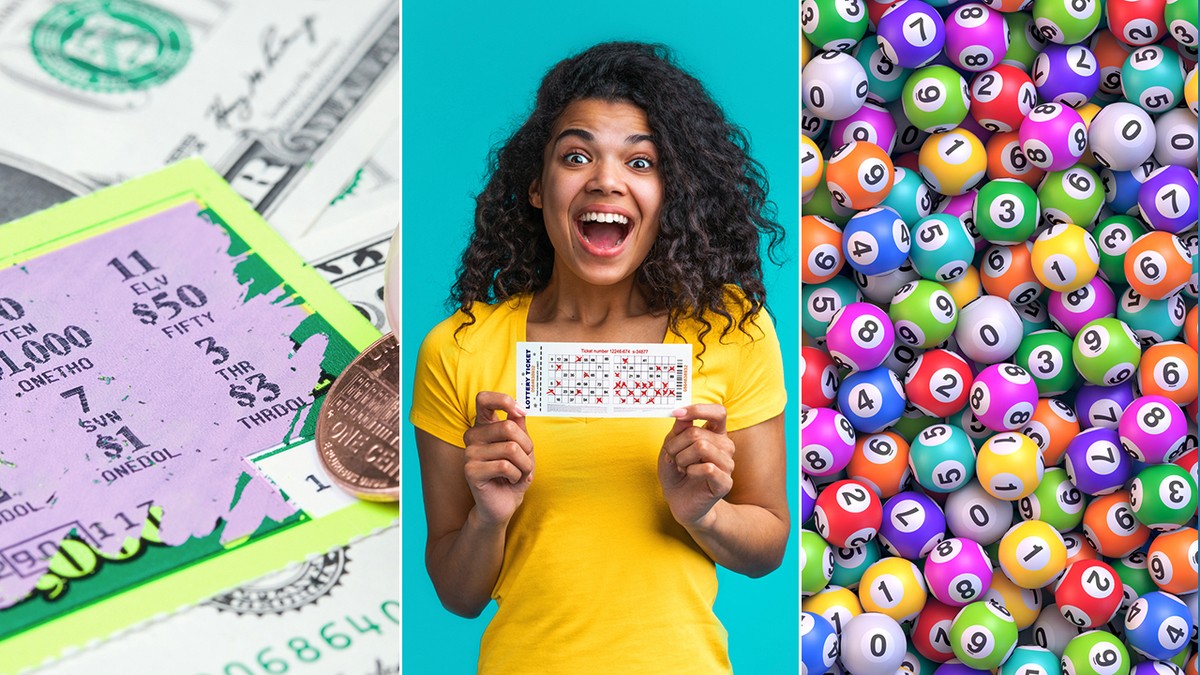
The Enigma of the Lottery: A Modern-Day Fascination
From the clink of a metal ball in a tumbler to the excitement of a winning number announced on television, lotteries have captivated the imagination of millions across the globe togel macau. This seemingly simple game of chance is more than just a form of gambling; it’s a cultural phenomenon, a social equalizer, and a topic of intense scrutiny and fascination. Let’s delve into the multifaceted world of lotteries and explore why they continue to be such a powerful force in our lives.
The History of the Lottery: A Timeless Tradition
Lotteries trace their origins back to ancient civilizations. The Chinese Han Dynasty, around 205-187 B.C., is often credited with using lottery-style games to fund public projects. These early lotteries were instrumental in financing major infrastructure, including the Great Wall of China. In Europe, lotteries appeared in the 15th century, with the first known lottery being held in the city of Bruges in 1445 to raise funds for town improvements.
As time progressed, lotteries evolved. In 16th century England, Queen Elizabeth I chartered a lottery to raise funds for the colonization of the New World, leading to the creation of the first state lottery in modern history. The proceeds helped establish the first permanent English settlement in America, Jamestown, Virginia. Lotteries continued to gain popularity, becoming a crucial method of raising funds for various public and private endeavors.
The Mechanics of Modern Lotteries
Today’s lotteries are highly organized and regulated affairs. They come in various forms, from traditional number draws to instant scratch-offs. The mechanics are designed to ensure fairness and transparency, with strict regulations governing every aspect from ticket sales to prize distribution.
**1. Draw-Based Lotteries: Players select a set of numbers, and these are drawn at random. To win, players must match their chosen numbers with the drawn numbers. Popular examples include Powerball and Mega Millions in the United States, and EuroMillions in Europe.
**2. Scratch-Offs: These instant-win tickets offer a quick and tangible form of gambling. Players scratch off a coating on the ticket to reveal symbols or numbers, which determine if they’ve won.
**3. Raffles: In these lotteries, participants purchase tickets for a chance to win a prize. The winner is selected through a random drawing of ticket stubs.
The Allure and Impact of Lotteries
**1. The Dream of Instant Wealth: One of the primary attractions of lotteries is the tantalizing possibility of instant wealth. For a relatively small investment, players can win life-changing amounts of money. This dream of striking it rich with a single ticket fuels the enthusiasm and participation in lotteries.
**2. Economic Contributions: Lotteries generate significant revenue, often directed towards public causes. Funds raised from lotteries frequently support education, healthcare, and infrastructure projects. In many regions, lottery funds are a substantial part of the budget for public services.
**3. Social and Psychological Aspects: The communal excitement surrounding lottery draws and the social aspect of purchasing tickets with friends or family members can be a bonding experience. Psychologically, the lottery provides a form of escapism, a chance to imagine a different life, even if just for a moment.
Criticisms and Controversies
Despite their popularity, lotteries are not without controversy. Critics argue that lotteries are a regressive form of taxation, disproportionately affecting lower-income individuals. The odds of winning significant prizes are exceedingly slim, which can lead to financial hardship for those who spend beyond their means in pursuit of a jackpot.